International. More than a year ago thousands of people confined themselves to their homes and moved the office to their studio, room or kitchen. And they did it using the personal computer and without the necessary measures to avoid cyberattacks. "The workers went home unprepared, which created an ideal situation for cybercriminals," explains Helena Rifà, professor of Computer Science, Multimedia and Telecommunications Studies at the Open University of Catalonia (UOC).
The teacher of the same studies, Jordi Serra, also believes that in our homes "we are more distracted and we are more vulnerable" and, therefore, "we are worse protected". And, although many have already returned to the offices, it is necessary to minimize the risks in the houses and include barriers in computers, tablets, cell phones or smart appliances to avoid attacks, expose the experts, also researchers from the KISON group of the IN3 of the UOC.
"Tablets or cell phones are entry points of problems and are equal to or more vulnerable than a PC," warns Serra, who points out that attackers take advantage of moments when "we lower our guard" to enter the system. Convenience is sometimes cybercrime's best friend, says Rifà. "It is difficult for someone to have an antivirus installed on the mobile, because it spends battery, but this way it is easier for there to be attacks," he says.
Training and advice
Experts are betting on more training and getting earlier. "We must internalize safety habits from childhood," Rifà proposes, while Serra proposes to have basic knowledge in cybercrime "as a general culture." Regarding the workplace, a study shows that 73% of companies did not organize any training when the pandemic broke out. After the health crisis, both teachers believe that the demand for professionals in computer security will continue "to rise", who, according to the teacher, will work in large companies or offer external advice. "It is a field that had not been thought of until recently and that is now increasing, since cybercriminals and attacks grow a lot every day," adds the professor.
To take care of the virtual security of our home and avoid cyberattacks, experts offer these six basic tips:
1- Protect the devices. Experts advise protecting all the devices with which we connect to the internet: from the personal computer to an appliance that connects to the network, through the mobile phone or tablet. "Almost all of the current malicious programs are created to attack cell phones," Serra warns. Professor Helena Rifà cites as essential to make backups and update the software "periodically" and have the devices locked with "password or PIN" to prevent access.
2- Install antivirus. Antiviruses are essential, although teachers assume that they cannot stop all the threats that exist on the internet. "They don't protect us 100 percent," Serra acknowledges, but they do detect known viruses. "A good part of the attacks will be recognized and stopped," he maintains.
3- Take care of passwords. "Passwords should be long and not words from the dictionary, and should not contain personal information," summarizes Rifà, who admits that it is "impossible" to remember the dozens of keys we use in our work and personal lives. "There is no perfect solution," he says, but he advises having a password manager, having two-factor authentication — in which a code is sent to a cell phone or other device — or looking for mnemonic rules. Serra suggests having a "common pattern" and changing a part in each website in which we register and warns that it is necessary to change "every half year" those passwords that give us access to "delicate" websites, such as the bank's website.
4- Be careful with home automation. At home we can have computers, cell phones or tablets, but we also have other devices that connect to the network and through which attacks can enter. Serra warns that home automation is "comfortable", but also carries some risks. The router and TV must have their own password, but also other household items that work connected to the network. "The bulbs that we can turn on or change color remotely have already been the source of attacks because we do not have enough security," he adds.
5- Study reputation. When we make an online purchase or when we are going to install a program, we must analyze well the reputation and opinions of other users. "We have to look at the reviews and see if people have had a satisfactory experience," encourages the teacher, who also recommends going to "official" pages. It also considers it necessary to see if a website where we are going to make a purchase has encrypted communications -which is shown with a closed padlock next to the URL-, buy the "basic" data of the company or see if the payment is made through a banking platform. "Doing so gives some peace of mind because it is more dangerous to give the card number to a store directly," he explains.
6- Be distrustful. Caution should guide our steps on the internet, advise the two UOC professors. "We have to be aware of the risks and protect ourselves; act with common sense," says Rifà, who gives as an example of suspicious websites those that are "alarmist, or capture our attention very quickly." "They are candidates for viruses," he says. "You have to apply distrust to any email or message that is received," says Serra, who advises, before opening any attachment, for example, "to really check who is the person who sent it to us." And, the professor recalls, sometimes "we assign a trust to interactions on the network that we would not reproduce outside of it."


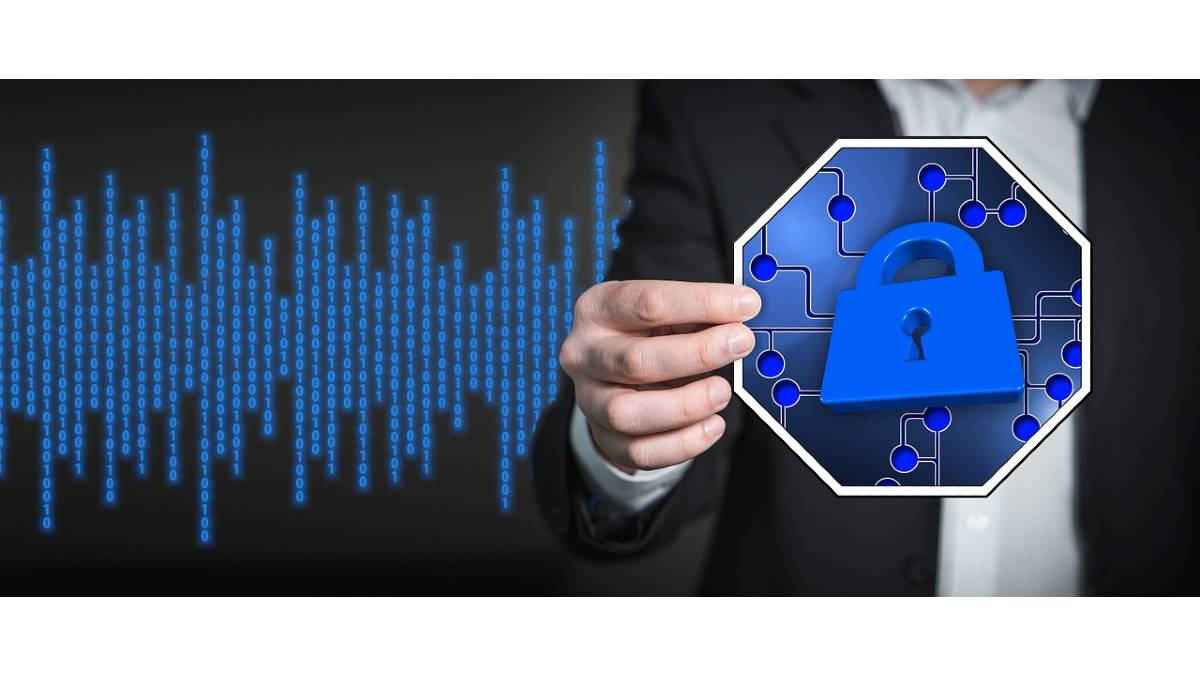







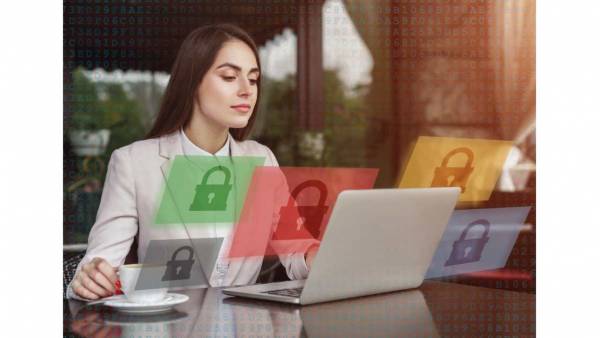



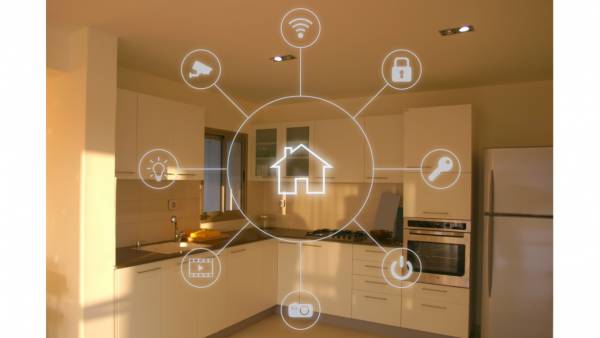

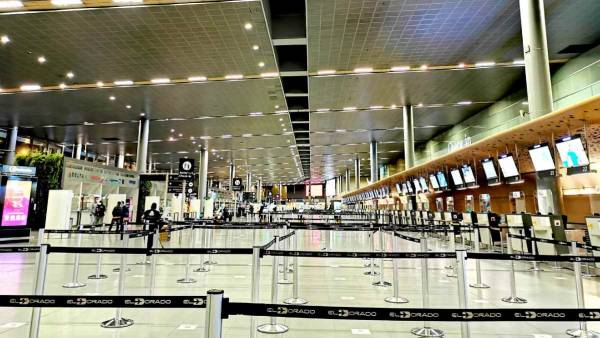

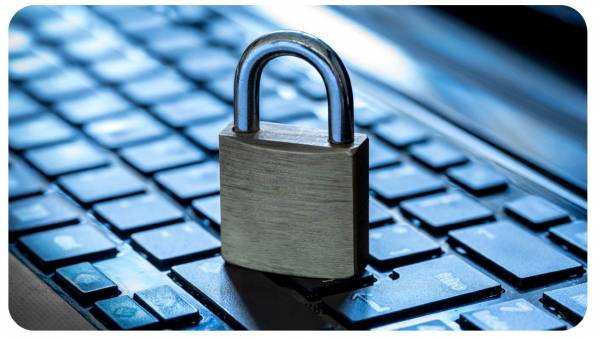







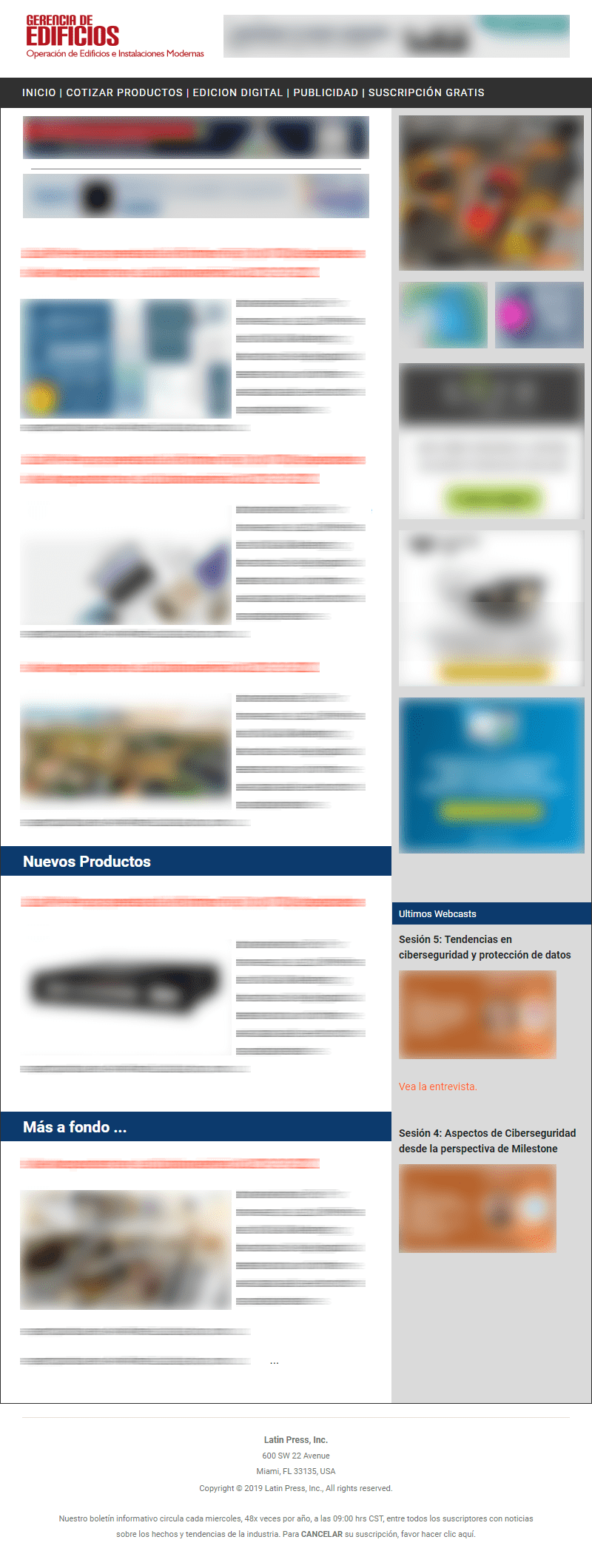
Leave your comment